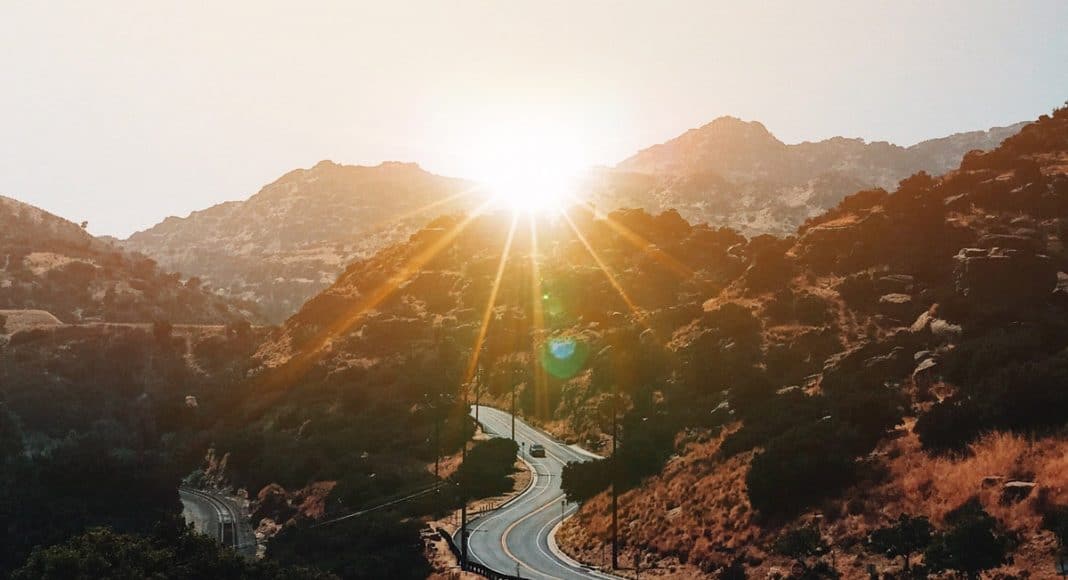On Monday, California officially became America’s — and the world’s — largest legal market for cannabis sales. The New Year’s Day launch was historic, but for most of the state’s residents, it was a relatively normal first day of the year.
California was the first state to vote for medical marijuana in 1996 and the medical “gray” market thrived for more than 20 years up and down the state before Monday’s much-anticipated launch. Full legalization was an enormous step, but laid-back Californians appeared to take it all in stride.
Despite the laid-back reception, it still is huge news. “This is an historic day for the state of California,” said Bureau of Cannabis Control Chief Lori Ajax. “We are hopeful that we have put forth a model that other states will look to as an example when they head down the path to legalization.”
Here is a by-the-numbers snapshot of what the green rush means for the Golden State:
$7 Billion
A conservative estimate of how much the legal cannabis is worth in the state.
15 Percent
The amount the state will tax all cannabis products. Farmers will pay taxes on the buds and leaves they sell, which will be passed on to retail consumers. Local governments can levy additional taxes.
-
Related Story: Happy New Year California, Now Go Buy Some Cannabis!
$684 Million
The estimate of tax revenue California will collect in 2018. That number is expected to hit $1 billion by the end of the decade.
First Ever
Henry Wykowski, a former assistant US attorney in San Francisco, made the first legal retail purchase of cannabis when he spent $20.01 on 1 gram of Neville’s Purple at Oakland’s Harborside facility. When asked what he felt, Wykowski told the San Francisco Chronicle, the experience was “better than Christmas,” he said. “It’s a statement. It’s like voting.”
One Ounce
California State law limits the daily purchase to 1 ounce of cannabis flower or bud, eight grams of concentrated cannabis and six immature plants per customer.
1,000 Feet
Smoking cannabis in public is against state law. The law also forbids anyone from smoking within 1,000 feet of a school or a daycare center when children are around.
Six
California becomes the sixth state to legalize the retail sale of recreational marijuana, joining Colorado, Washington, Oregon, Alaska and Nevada. Massachusetts and Maine are expected to begin sales in 2018.
1913 / 1996 / 2016
The state of California banned marijuana in 1913. Medical marijuana became legal in 1996. Recreational marijuana became legal in 2016 when voters passed Proposition 64.
Zero
The number of retail stores in Kern County, the state’s third largest county. The entire county has banned the sale of marijuana. The Santa Cruz Sentinel reports sales will be legal in cities such as San Jose, Oakland and Berkeley. One 25-mile swath of the East Bay — from Hayward to El Cerrito — will allow sales. Other rural counties — Fresno, Modoc, Glenn and Tulare — have also kept sales illegal. Individual cities have opted out as well.
-
Related Story: California’s Third Largest County Bans Legal Marijuana
20 Minutes
“We can deliver marijuana in 20 minutes; it’s like pizza,” Will Senn, co-founder of Urbn Leaf, told the Los Angeles Times. Urbn Leaf makes deliveries in San Diego, which is currently the only part of the county where recreational cannabis can be sold, the Times reported.
$2.5 Trillion
According to Vox, more than 39 million people reside in California and they’re worth roughly $2.5 trillion — more than twice as populous and wealthy as all the previous legal pot states combined.


